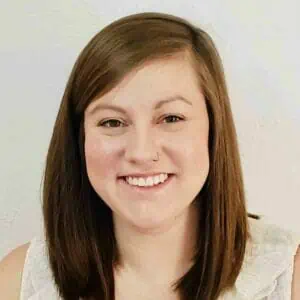The transition from pediatric to adult health care providers is incredibly challenging for individuals with complex medical needs. DSF strives to promote research and the development of new tools to aid families in navigating the transition process. Just last year, DSF partnered with Dr. Danielle Andrade and the rest of the DSF Medical Advisory Board to create a quick transition guide to help a new adult neurologist quickly understand some key points relevant to the care of an adult with Dravet syndrome.
Dr. Andrade specializes in the care of adults with genetic epilepsy and she directs a pediatric to adult transition program in her own clinic at Toronto Western Hospital at the University of Toronto. She has worked previously on the Ontario Epilepsy Implementation Task Force to develop professional recommendations for the transition of care for adults with epilepsy. A key finding of their work was that multidisciplinary care clinics are the ideal setting for a smoother transition process, but they recognize access to these clinics can be a barrier for many patients. Now, as chair of the Transition of Care from Childhood to Adult Task Force, a part of the International League Against Epilepsy (ILAE), Dr. Andrade is hoping to create tools and recommendations that help to ease the transition process, even for those patients who do not have access to a multidisciplinary care clinic.
The ILAE Transition Task Force is asking for caregivers to individuals with DS (or another epilepsy) over the age of 12 to respond to a questionnaire about their experiences with transition. They hope to better understand the entire process of transition from the earliest discussions and planning to actual experiences with the full transition to adult care providers. Dr. Andrade expressed the desire to develop a “Transition Toolkit” from the data they collect to better help patients through the process.
DSF knows that families in the Dravet community struggle with the many challenges surrounding transition. We hope to see that research and attention to the issues families face will lead to an easier transition process in the future. We continue to promote opportunities to participate in surveys like this one because we see the direct benefit these studies could have for the entire community.
You can find more information and the questionnaire at this site. The “patient” questionnaires are translated into multiple languages and can be found below a similar set of questionnaires for health care providers. If you have any questions before or during the questionnaire, you can reach out to Dr. Andrade’s research team by emailing quratulain.zulfiqar_ali@uhn.ca.


